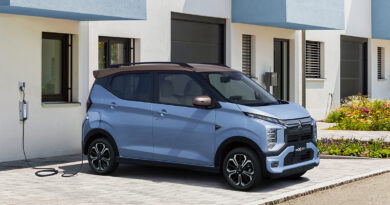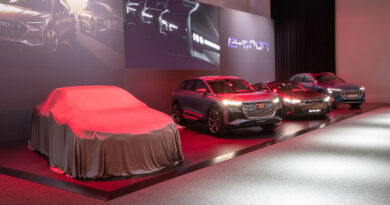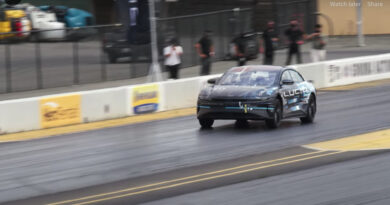CO2 standards need to match Europe, US and should be linked to EV incentives: EV Council
The Electric Vehicle Council is calling for EV incentives to be linked to fuel efficiency standards as it ramps up its pressure on the Federal Government to introduce CO2 emissions standards.
EV Council CEO Behyad Jafari says fast-growing demand for electric cars and a lack of supply is crystalising the issues surrounding a shortage of supply for EVs.
He also says long waiting lists on many new EVs – some stretching more than 12 months – is holding back business investment in zero-emissions vehicles.
“Financial incentives should be linked to a fuel efficiency standard in order to ensure we’re driving up supply,” says Jafari, in turn shunning the voluntary targets introduced in 2020 by the Federal Chamber of Automotive Industries.
He says getting hold of EVs has become the challenge and that Australians have warmed to the benefits of running on electricity rather than fossil fuels.
CO2 standards are key to that, according to Jafari.
“We need to have a rulebook that matches up to the rest of the world.”
Responding to a report that the FCAI is running a campaign to slow the transition to EVs, the EV Council called for Australia to match the stringent CO2 regulations in places such as Europe.
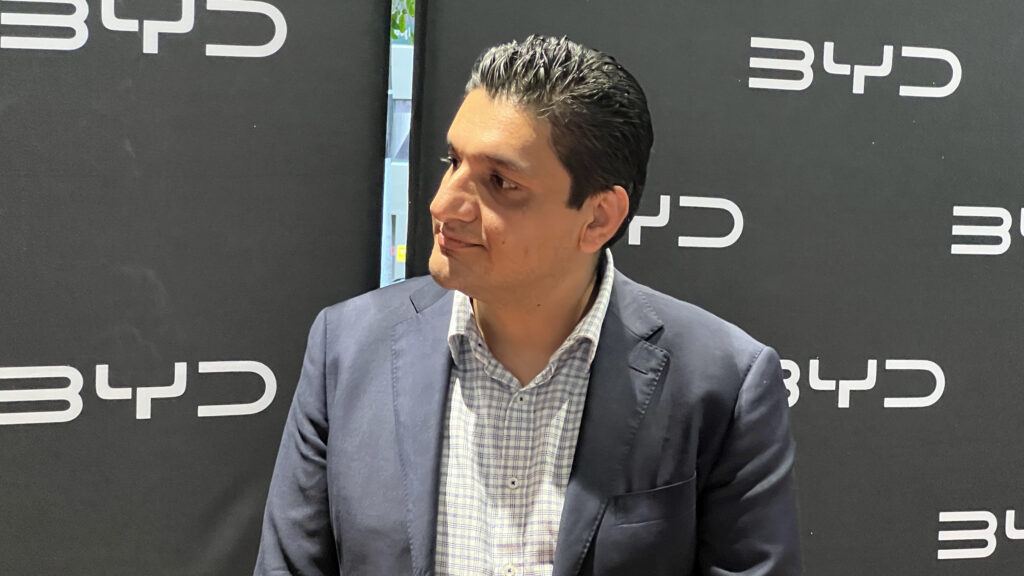
“Australia missed the boat by 30 years in introducing fuel efficiency standards making us the world’s dumping ground for dirty vehicles today,” says Jafari. “If we finally get around to it and then introduce standards that don’t work that would be a tragedy.
“If we want to see larger and more frequent shipments of EVs to Australia government should ignore the weak standards some in industry are lobbying for.”
One brand trying to protect its ICE models is Toyota. The Japanese maker dominates the market in hybrid sales and sells tens of thousands of utes and off-road SUVs that run purely on fossil fuels.
Car makers including Ford, Volkswagen, Audi, Kia and Hyundai have pinpointed a lack of CO2 standards as the main reason they can’t get more EVs into Australia.
They argue that countries with penalties for selling petrol and diesel vehicles can offset those penalties by selling an EV.
So by selling an EV in Europe they can not only make the profit on an EV but also sell an ICE vehicle and offset hefty penalties.
It’s led to a chronic shortage of supply of electric vehicles. Even market leader Tesla is telling new customers they won’t take delivery of their new Model 3 or Model Y until somewhere between February and May in 2023.
Kia and Hyundai typically get less than 50 of their popular EV6 and Ioniq 5 models each month, leading to many disappointed would-be buyers.
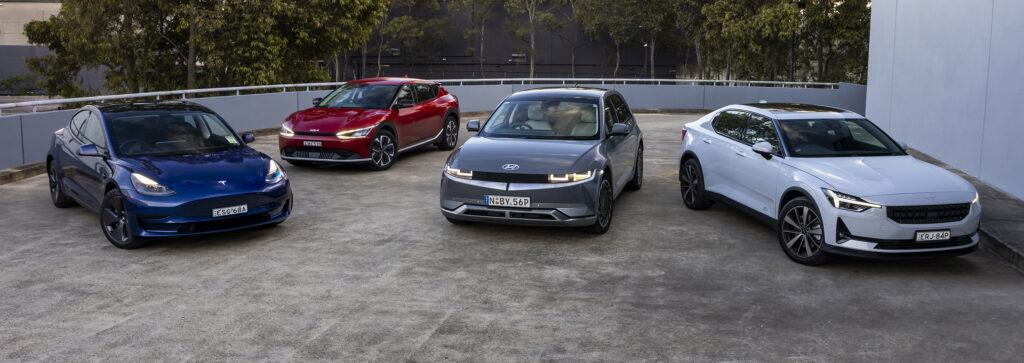
The issue is also impacting planned fleet purchases of EVs, according to Jafari.
While declining to name them, Jafari says there are fleets ready to make the switch to only electric vehicles.
But he says the shortage of stock – and a lack of EVs in some sections of the market – is leading to hesitance.
“Fleets want to move to an exclusive [EV] arrangement,” says Jafari, adding that “if they make a public statement [about only purchasing electric vehicles] they want to make sure they can actually deliver on it.”
“Quite a few companies are ready to make those types of announcements … they just want to make sure someone will bring them enough cars.”
The key to any CO2 standards lies with the Federal Government.
The newly-elected Labor government is more supportive of EVs than the previous Liberal government.


